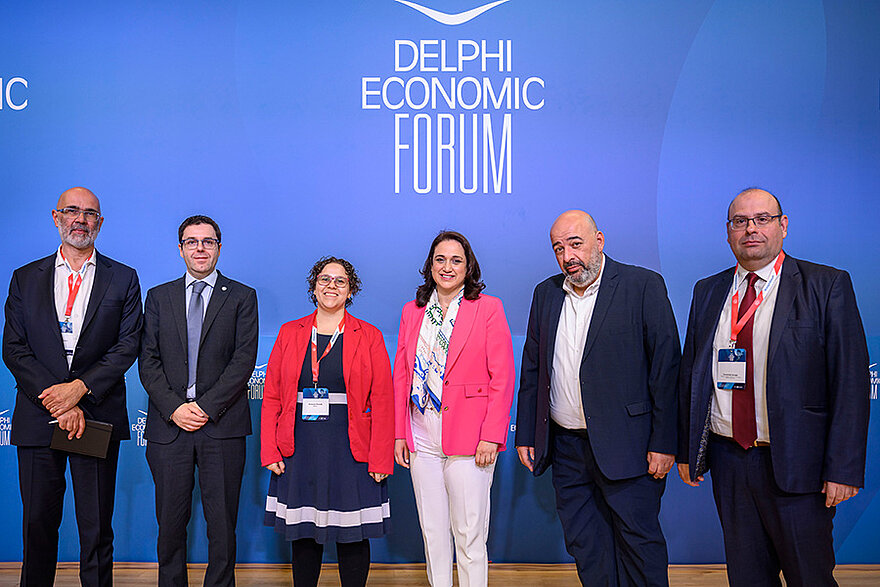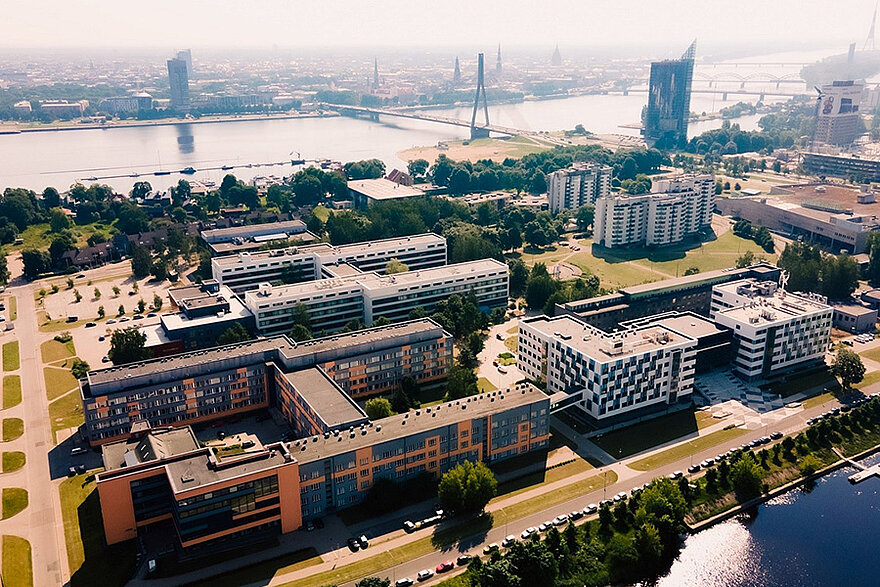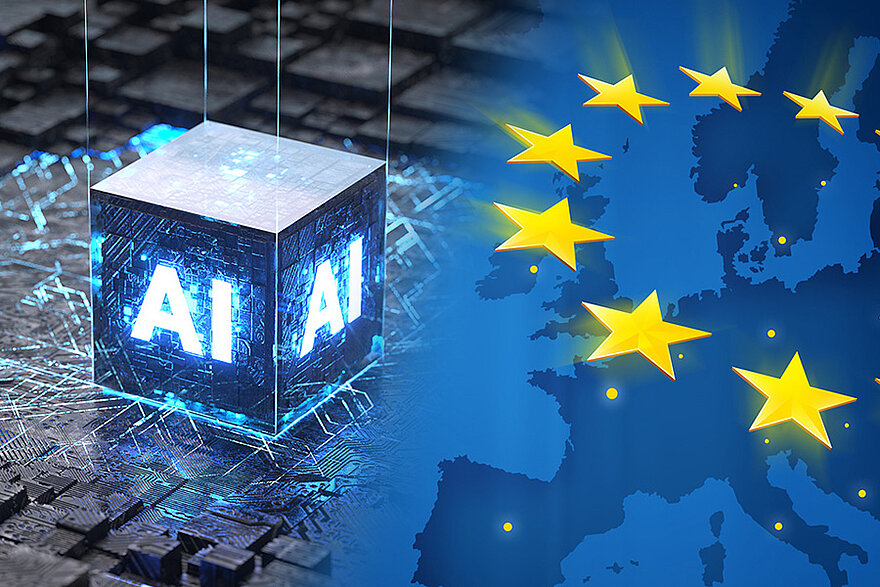The use of open data from official sources, varying from transport to food to reading, was combined with excellent development skills and knowhow in environmental studies. The multidisciplinary, sustainable aspects were maybe a contributing factor to the unusually high percentage of female participants – 20 percent. - We had a great mix of people and sharing some truly impressive hacks, stated James Smith, AMEE, London, who won with a CO2 adaptation of the game Minecraft. It is about ad hoc collaboration and everyone who is here is so for a reason, it is important and useful. We are not competing, we are creating services.
- We had a great mix of people and sharing some truly impressive hacks, stated James Smith, AMEE, London, who won with a CO2 adaptation of the game Minecraft. It is about ad hoc collaboration and everyone who is here is so for a reason, it is important and useful. We are not competing, we are creating services.
- It is about ad hoc collaboration and everyone who is here is here for a reason, continued James Smith. It is important and useful. We are not competing, we are creating services. The event was a success with a great mix of people and some truly impressive hacks, according to James Smith.
He was even more content with ending up as the winner for his adaptation of the game Minecraft. Combining real data with gaming features she could show in an entertaining way how the incineration of various materials, trees and wood but also cows and sheep, resulted in different energy output and emissions.
The second winner had also focused on carbon emissions but had worked with a more practical consumer oriented web service targeting the way we choose between different travel options. By making us remember the CO2 equivalent on “last minute trips” we might consider choosing differently.  Jorge Zapico, and Hannes Ebner, KTH, who had set up the Green Hackathon were pleased with the outcome. The concept is now moving on and will be set up, next in Helsinki and then in Cambridge. The services that can be provided by structuring green data is evident in the company Sourcemap where Jorge Zapico also works together with the events key note speaker and founder Leo Bonanni. The application provides information on where the resources or parts of products are coming from and their carbon footprint.
Jorge Zapico, and Hannes Ebner, KTH, who had set up the Green Hackathon were pleased with the outcome. The concept is now moving on and will be set up, next in Helsinki and then in Cambridge. The services that can be provided by structuring green data is evident in the company Sourcemap where Jorge Zapico also works together with the events key note speaker and founder Leo Bonanni. The application provides information on where the resources or parts of products are coming from and their carbon footprint.
The event was organized by EIT ICT Labs (Stockholm Node) and KTH Center for Sustainable Communication CESC, supported by Agro-Know, Stockholm Stad, Ericsson, Sourcemap and 46elks.






